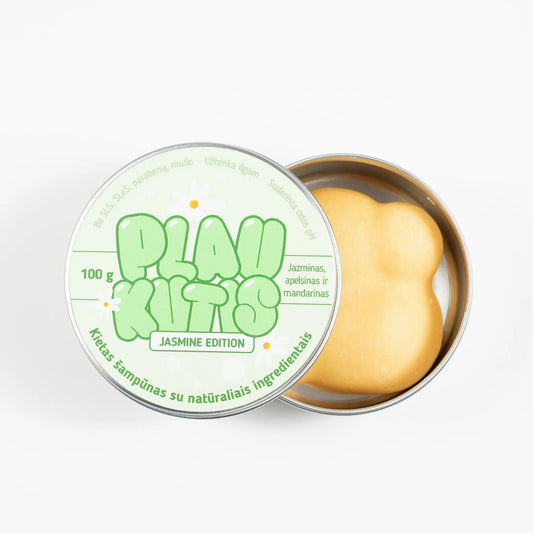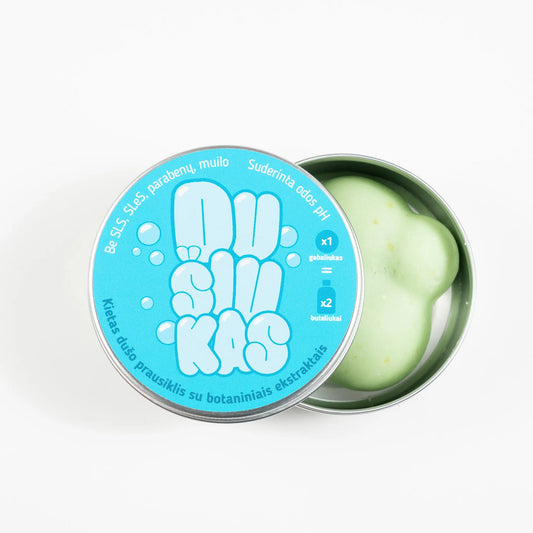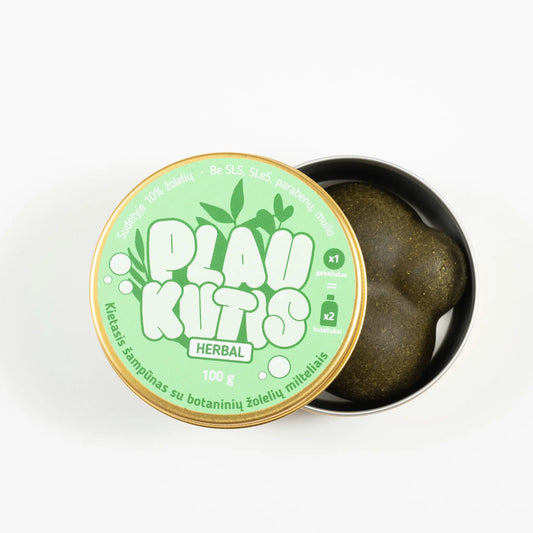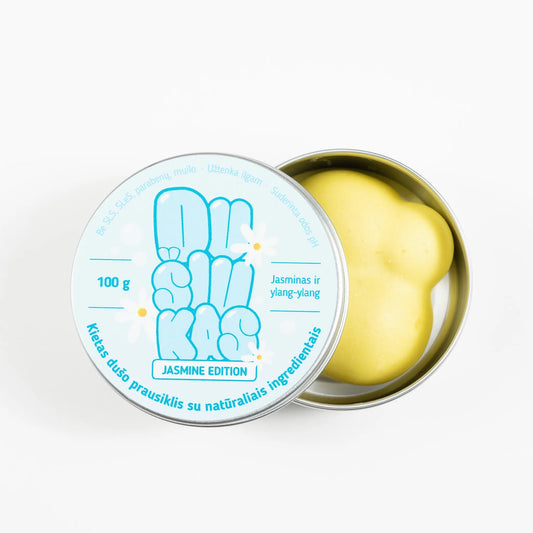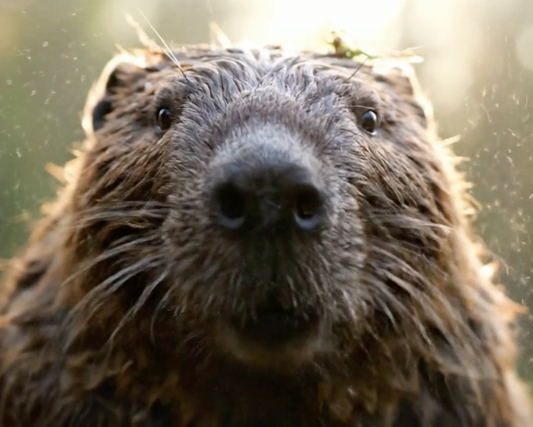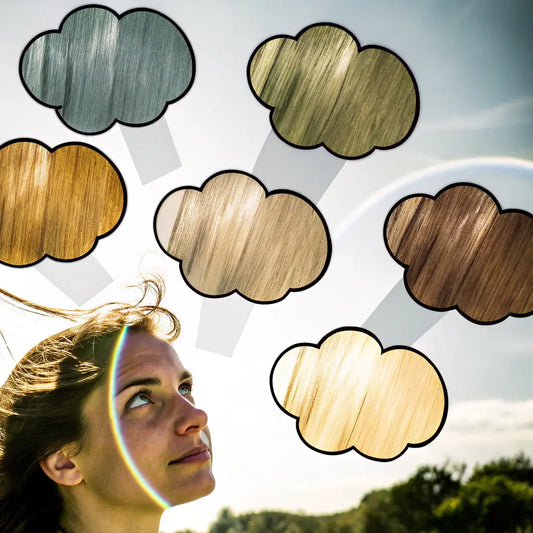How do people in some cultures maintain lush, shiny hair without the use of fancy products? The answer often lies in time-tested rituals and natural remedies passed down from generation to generation. Women around the world have long used traditional methods, such as oiling hair in India or using fermented rice water in Japan, to keep their hair healthy and strong. These ancient methods are not only effective—they are based on centuries of cultural wisdom. In this article, we’ll explore these fascinating hair care secrets, including unexpected facts, cultural insights, and practical tips that you can easily incorporate into your daily routine.
Cultural hair rituals passed down from generation to generation
Hair care rituals are more than beauty practices – they are cultural traditions passed down from mothers to daughters that strengthen hair and foster family bonds. From India to Japan, these customs provide deep nourishment to hair using only natural ingredients.
Hair oiling rituals in India
In India, hair oiling is an ancient tradition, practiced for over 5,000 years. It involves massaging oils such as coconut, amla, or almond into the scalp to promote growth, reduce dandruff, and improve scalp health. This ritual is often performed among family members, symbolizing care and closeness.

- Cultural insight: In South India, there is a festival called “Aadi Perukku,” where families gather to oil and braid each other’s hair as part of a harvest festival. This act is believed to strengthen both the hair and the family bond.
- An unexpected number: 80% of Indian women practice hair oiling at least twice a week, contributing to their reputation for thick, shiny hair. Regular oiling has been scientifically proven to increase hair thickness by 30% in just a few months.
Fermented rice water in Japan for long hair
In the remote Yao village community in China, home to the Red Yao, women are renowned for their incredibly long hair, often reaching 2 meters. Their secret? Fermented rice water. It is rich in amino acids and vitamins that strengthen hair, improve elasticity and prevent hair loss. This tradition has also taken root in modern Japanese hair care.

- Fun fact: Yao village women hold the Guinness World Record for the longest hair in the world, and most of them still have healthy, black hair at the age of 70.
- Unexpected statistic: A 2010 study showed that using rice water reduces hair surface friction by 30% and increases elasticity by 40%, making hair less vulnerable to breakage.
Homemade hair masks from cultural traditions
Homemade remedies passed down from generation to generation are often simple but very effective. Made with natural ingredients, these masks provide deep nourishment, hydration, and restore hair health without any harmful chemicals.
Avocado and egg masks for hydration
In Latin America and Africa, avocado and egg masks have been used for centuries to moisturize and nourish hair. Avocados are rich in fats that deeply condition hair, while eggs provide plenty of protein that strengthens and repairs damaged strands.

- Interesting stat: Avocados contain 20 different vitamins and minerals , including vitamins A, E, and D, which are essential for maintaining healthy hair and preventing breakage.
- Cultural example: In Central Africa, women use avocado and egg hair masks during festive occasions to keep their hair looking its best. They also use these masks after prolonged exposure to the sun to repair hair damage caused by UV rays.

Coconut oil and honey hair mask for hair restoration
Coconut oil is a staple in tropical regions, especially Southeast Asia and the Pacific Islands. It has the ability to penetrate the hair structure and repair damage from within. Honey, which has antibacterial and moisturizing properties, is often mixed with coconut oil to create an effective hair mask that restores shine and health.

- Cultural Insight: In Polynesia, coconut oil has been used for centuries not only as a food, but also as a natural hair and body care product. Traditional Tahitian hair oil, known as Monoi, is made by infusing coconut oil with Tiare flowers and is believed to strengthen and beautify hair.
- Unexpected data: Coconut oil has been shown to reduce protein loss in hair by up to 39% compared to other oils, making it one of the most effective natural remedies for hair restoration.
Ancient beauty secrets and their relevance today
Some of the most iconic beauty figures, like Cleopatra and the ancient Greeks, had hair care routines that are still relevant today. These ancient methods, based on natural ingredients, are easily adapted to modern hair care products.
Cleopatra used castor oil and honey
Cleopatra, the legendary queen of Egypt, was renowned for her beauty, and her hair care was no exception. Cleopatra was known for using castor oil, which stimulates hair growth and adds shine, and honey, which locks in moisture.

- Unexpected fact: Castor oil contains 90% ricinoleic acid, a compound that increases blood circulation to the scalp and is linked to hair growth. Studies show that it can promote hair growth 3-5 times faster than regular oils.
- Historical insight: Castor oil was considered so valuable in ancient Egypt that it was used as currency in trade, and the pharaohs had large supplies of it for their beauty treatments.
Ancient Greek olive oil treatments
Olive oil was a key part of ancient Greek beauty rituals, helping to maintain soft, moisturized hair while protecting it from environmental aggressors. The Greeks believed that olive oil not only nourished hair, but also symbolized beauty and strength.

- Cultural insight: In ancient Greece, it was customary for brides to apply olive oil to their hair before their wedding, believing it would bring strength and fertility.
- Scientific fact: Olive oil is rich in antioxidants, especially vitamin E, which neutralizes free radicals. Studies have shown that regular olive oil treatments can reduce oxidative stress on hair by 23%, preventing premature graying and damage.
Conclusion – the relevance of traditional hair care procedures today
Traditional hair care rituals remain incredibly relevant today due to their simplicity, effectiveness, and use of natural ingredients. From oiling hair in India to fermented rice water in Japan, these cultural practices offer powerful, chemical-free solutions to modern hair problems. By incorporating even a few of these rituals into your weekly hair care routine, you can see healthier, stronger, and more vibrant hair. Start with small changes, like weekly oiling or a homemade avocado mask, and see how these time-tested methods can transform the condition of your hair.

Myth debunking or interesting facts
- Myth: You need expensive products to have healthy hair.
Fact: Natural remedies like rice water or coconut oil have been used for centuries and work just as well, if not better, than many luxury products. - Fun fact: Yao village women in China who use fermented rice water rarely experience gray hair until the age of 70. Their hair remains healthy and shiny even in old age.
- Myth: Frequent hair cuts promote faster hair growth.
Fact: While trimming the ends of your hair helps maintain healthy hair, natural oils like castor oil can significantly speed up hair growth by improving blood circulation to the scalp. - Fun fact: Cleopatra's beauty routine, including castor oil treatments for her hair, was so revered that she had her own beauty guides that drew inspiration from Roman and Greek beauty rituals.
- Myth: Only modern science can improve hair health.
Fact: Many ancient beauty practices, such as the use of olive oil and hair oiling rituals, are scientifically proven and relevant today.

Practical tips or solutions
- Try weekly oiling: Use coconut, almond, or castor oil to massage your scalp. This improves blood circulation and strengthens the hair roots.
- Make a homemade hair mask: Use an avocado and egg mask for hydration or coconut oil and honey for hair repair.
- Use rice water: After washing your hair, rinse it with fermented rice water to strengthen and add shine to your hair.
- Protect your hair with natural oils: Before going outside, apply a small amount of olive or coconut oil to the ends of your hair. This acts as a barrier against UV rays and pollution.
- Incorporate ancient remedies: Use Cleopatra-inspired castor oil treatments or olive oil masks regularly to boost shine and promote hair growth.

Frequently asked questions
- How often should I oil my hair?
It is recommended to oil your hair 1-2 times a week, depending on your hair type. This helps maintain moisture and a healthy scalp. - Do homemade hair masks work as well as store-bought ones?
Yes, homemade masks are very effective because they contain natural substances such as fats, proteins, and vitamins that deeply nourish the hair. - How to make rice water for hair?
Soak rice in water for 30 minutes, then strain and leave to ferment for 24 hours. Use as a rinse aid after washing. - Is olive oil suitable for all hair types?
Yes, olive oil is great for all hair types, especially dry and damaged hair, as it deeply moisturizes and protects hair from damage. - What is the best way to use castor oil for hair growth?
Massage castor oil into your scalp, leave it on for at least 30 minutes, and rinse. Use 1-2 times a week for best results.
